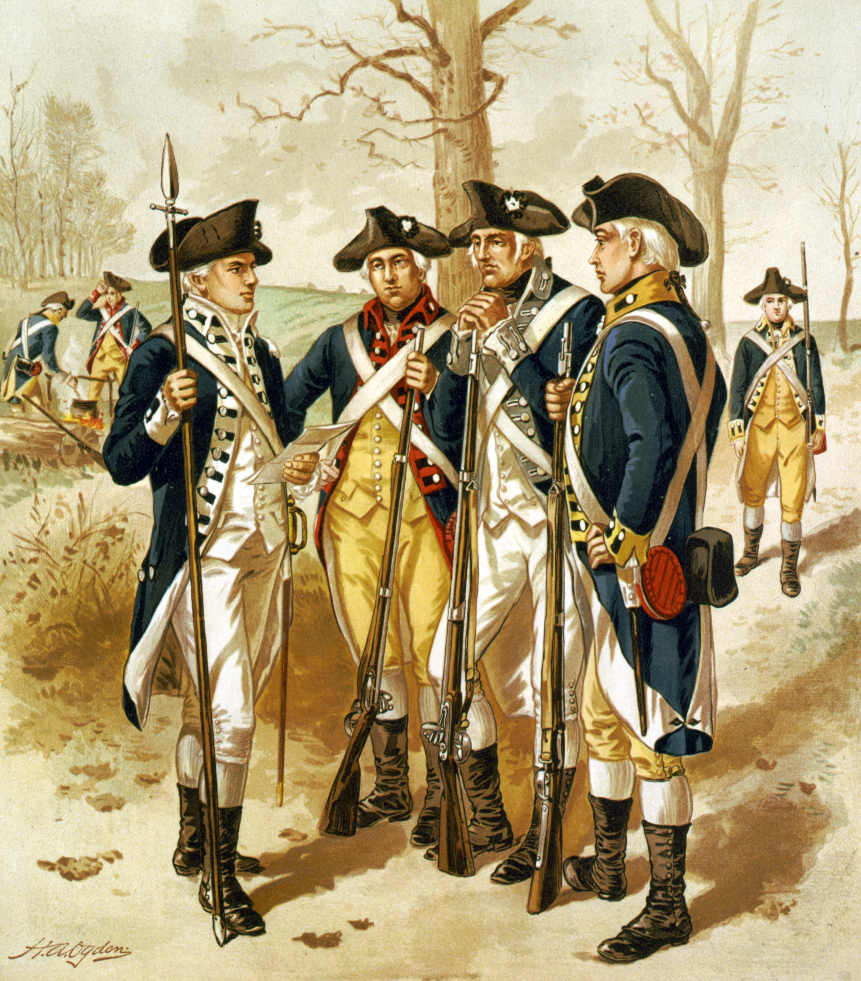The history of the United States is filled with fascinating tales of what might have been. One of the most intriguing is the possibility that the country could have ended up with a king instead of a president. This might sound far-fetched to many today, but during the founding period of the United States, the idea of a monarchy was not as alien as it seems now. Let’s take a deep dive into the circumstances and debates that almost led America down a royal path.
The Era of Uncertainty: Post-Revolution America

After the American Revolution, the newly independent states were in a state of flux. The Articles of Confederation, which served as the first constitution, left the federal government weak and ineffective. There was no strong central authority to unify the states, and this led to economic chaos and interstate conflicts. The lack of a strong governing body left many leaders worried about the future of the fledgling nation. It was amid this uncertainty that some began to consider alternative forms of government, including a monarchy, as a way to bring stability and order.
The Influence of European Monarchies

The idea of a monarchy was not entirely foreign to early Americans. After all, most of them had grown up under British rule, and many European nations at the time were monarchies. The stability and continuity provided by monarchies in Europe seemed appealing to some American leaders. They believed that a king could serve as a unifying figurehead, much like the monarchs of Europe, who often provided a sense of national identity and continuity. This perspective was especially compelling in a time when the nation’s unity was fragile and its future uncertain.
George Washington: The Reluctant Monarch

George Washington, the esteemed leader of the Continental Army, was one of the central figures in the discussion of monarchy. Many admired him for his leadership during the Revolution, and there were whispers and suggestions that he should become king. However, Washington was a firm believer in republican ideals and vehemently opposed the notion of becoming a monarch. His refusal to seize power set a precedent for future leaders and demonstrated his commitment to a democratic form of governance.
The Newburgh Conspiracy: A Close Call

One of the most notable instances when the idea of monarchy almost took root was during the Newburgh Conspiracy. In 1783, discontented officers of the Continental Army, frustrated by Congress’s inability to pay them, considered a coup to establish a stronger government. Some even suggested offering Washington the crown. Washington’s intervention and eloquent appeals to his officers quelled the rebellion, steering the nation away from potential monarchy. His actions underscored his dedication to the principles of democracy.
Alexander Hamilton’s Monarchist Tendencies

Alexander Hamilton, one of the Founding Fathers, held views that bordered on monarchist tendencies. Although he never explicitly advocated for a monarchy, Hamilton admired the British system and believed in a strong central government with an executive leader similar to a king. His proposals during the Constitutional Convention reflected these views, as he argued for a president who would serve for life. However, his ideas were met with resistance from other delegates who feared the concentration of power.
The Constitutional Convention: A Turning Point

The Constitutional Convention of 1787 was a pivotal moment in American history. Delegates from various states gathered to draft a new constitution that would address the shortcomings of the Articles of Confederation. The debates were intense, with some advocating for a strong central government and others fearing tyranny. The idea of a monarchy was discussed but ultimately rejected in favor of a republic. The creation of the presidency was a compromise, balancing the need for strong leadership with the fear of concentrated power.
The Federalist vs. Anti-Federalist Debate

The ratification of the Constitution sparked a heated debate between Federalists, who supported a strong central government, and Anti-Federalists, who feared it would lead to tyranny. The Anti-Federalists were particularly wary of the presidency, which they viewed as a step towards monarchy. Their concerns led to the inclusion of the Bill of Rights, which aimed to protect individual liberties and prevent the rise of a monarchical system. This debate highlighted the tension between different visions for America’s future.
The Legacy of Republicanism

The decision to establish a republic instead of a monarchy has had lasting implications for the United States. It set the stage for a government that is accountable to the people and based on the principles of democracy and individual rights. The presidency, while a powerful office, is checked by other branches of government, ensuring that no single individual can wield unchecked power. This system of checks and balances has become a cornerstone of American governance.
Lessons from History

The near possibility of monarchy in the United States serves as a reminder of the fragile nature of democracy. It underscores the importance of vigilance and the need to safeguard democratic institutions. The founders’ decision to reject monarchy in favor of a republic was a bold experiment that has shaped the nation’s identity. It also highlights the importance of leadership, as demonstrated by figures like Washington, who prioritized democratic principles over personal power.
The Enduring Appeal of Monarchy

While the United States ultimately chose a republican form of government, the allure of monarchy has not entirely disappeared. Even today, some Americans are fascinated by royal families and the pageantry associated with monarchies. This fascination reflects a complex relationship with the idea of monarchy, one that blends admiration for tradition and history with a commitment to democratic ideals. It serves as a testament to the enduring nature of these debates and the choices that continue to shape the nation.


